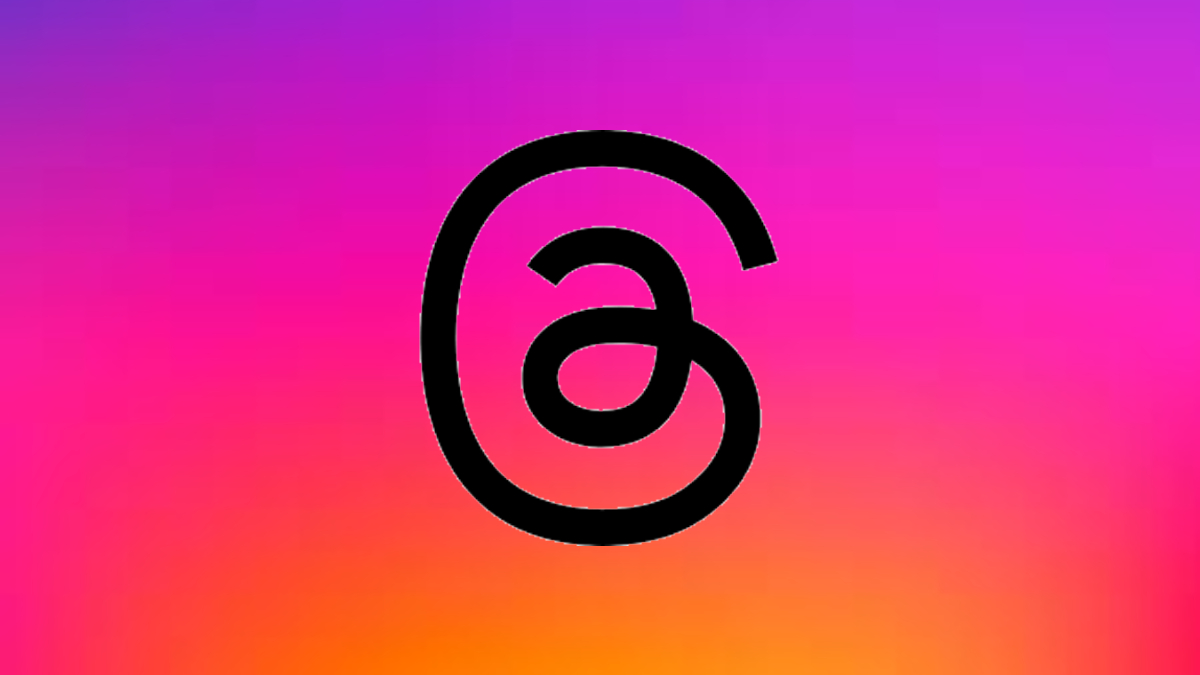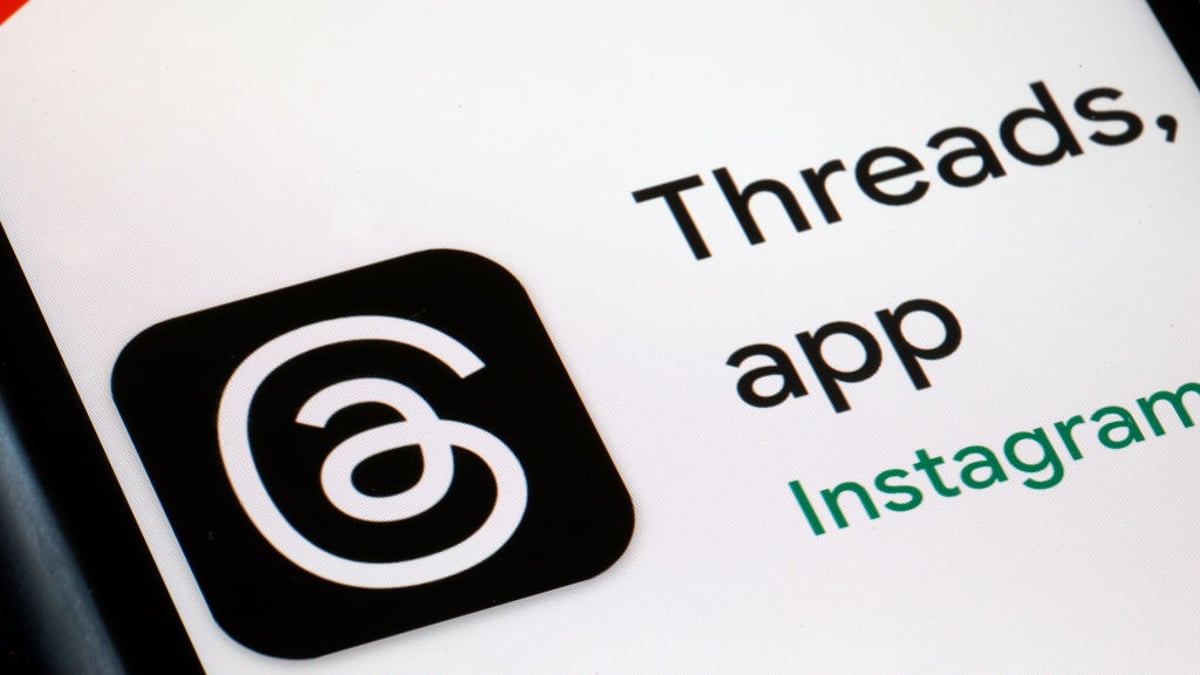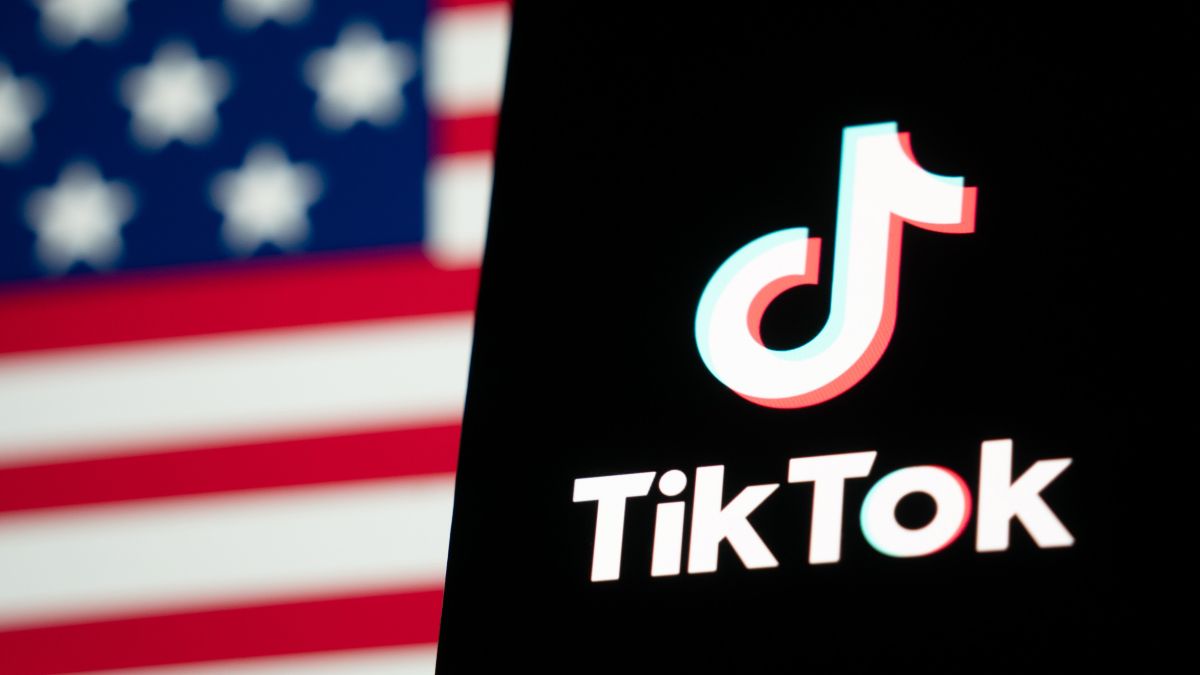Hold on to your hats, folks: the Zuck has decided to try and take advantage of Twitter’s apparent kamikaze mission under notorious nepo-baby Elon Musk by launching a direct competitor to the blue bird: Threads.
Whether or not it will be a success is up for debate, but for all of Zuckerberg’s many, many, many sins, unlike apartheid-empowered emerald heir Musk, he has actually built a product and turned it into an global success, instead of simply using daddy’s money to buy into companies and then pretending he’s been there all along. So, this could very well be a success.
If you’ve been seeing the news about Meta’s new social media platform and want to find out how long it’s been around, then read ahead to discover when Threads launched.
What is Threads?

Threads is Meta’s direct competitor to Twitter, although to be more specific it is being launched by Instagram, rather than as a separate Meta product.
Meta companies have stolen from Twitter a lot over the years and vice versa, whether it be Facebook adopting hashtags and trending topics, or Twitter recently adding the option for encrypted messaging, with a view to moving to calls. However, this seems like the first time one has basically ripped off the other.
Threads is described as offering real-time conversations online, which in effect is the entire point of Twitter. Users can log in using their Instagram accounts, or create new ones. Existing followers from Instagram will not automatically follow you on Threads, even if they make an account too.
The app’s listing says the following:
“Whatever it is you’re interested in, you can follow and connect directly with your favorite creators and others who love the same things — or build a loyal following of your own to share your ideas, opinions and creativity with the world.”
Posts on Threads will have a limit of 500 characters.
When did Threads launch?

Technically Threads was launched yesterday, 5 July 2023, although it has only been available for users since today, 6 July 2023. Meta confirmed that they planned to bring the app to at least 100 different countries via both Android and Apple’s iOS.
What happened after Threads was launched?

The new social media network allegedly received 10 million new sign-ups within the first few hours of being launched. This claim was made by the company’s CEO Zuckerberg on his account (yes, it’s verified, and yes, it seems you don’t get to pay your way to prominence like Twitter).
It’s not just the idea that Meta seems to have copied from its competitor (something Zuckerberg doesn’t really seem to be ashamed of, even joking about it via a post on Twitter, the first thing he’s tweeted in over a decade). The layout of the two apps are very similar, as is the main selling point: the ability to build followings and connect with people who think similarly.
In a Threads post that followed the launch, Zuckerberg was clear about his plan:
“The vision for Threads is to create an option and friendly public space for conversation. We hope to take what Instagram does best and create a new experience around text, ideas, and discussing what’s on your mind.”
He then couldn’t help but speculate about whether or not Threads would be bigger than Twitter, and had a little dig at Musk:
“It’ll take some time, but I think there should be a public conversations app with 1 billion+ people on it. Twitter has had the opportunity to do this but hasn’t nailed it. Hopefully we will.”
How do I get a Threads account?

First and foremost, you need to download the app to your device. Once that’s done, you can either log in with the same details as your Instagram account, or you can sign up to the service using your email address or phone number. From there, it’s as simple as tweeting used to be.
Will Threads really replace Twitter?

If we’re honest, it’s really hard to say. Despite Musk’s ineptitude, Twitter remains a social media powerhouse because of the sheer numbers congregated there, and the fact that many of its users are still clinging to it in a real-world example of the sunk-cost hypothesis playing out. Similar micro-blogging competitors like Mastodon have been touted as replacements since Musk sent the platform on its downward spiral, yet the bird remains standing. The fact is, people really don’t like change that much, no matter how big the company introducing it is (I mean, even Google couldn’t crack the social media landscape)
However, given Meta’s dominance in other areas of social media, it’s fair to point out that if anybody can knock Twitter off its perch, it’s probably them. Only time will tell.










Published: Jul 6, 2023 11:18 am